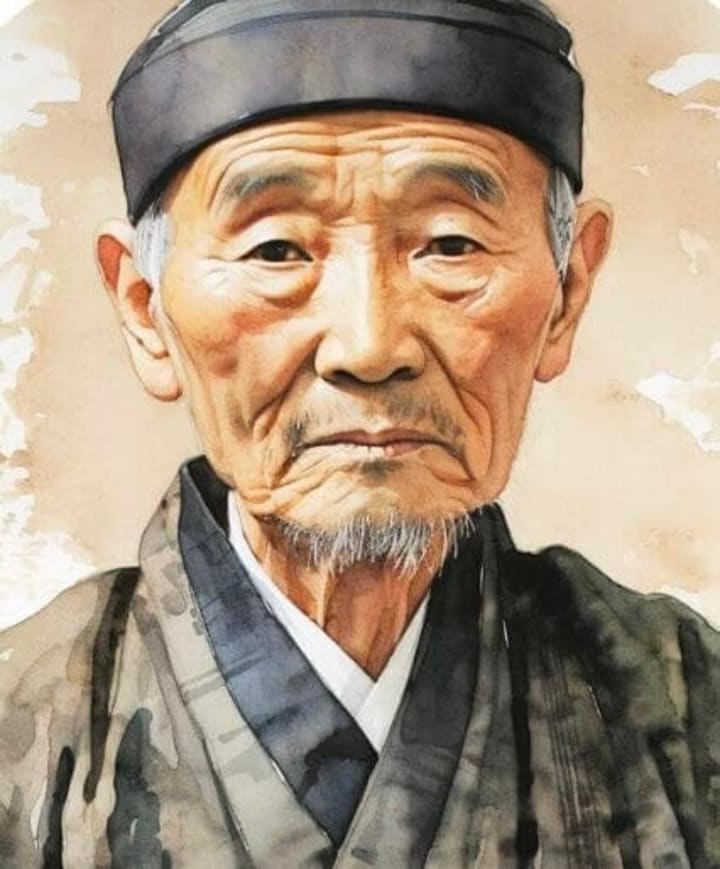
Poetry, often referred to as the highest form of literary expression, serves as a unique and powerful mirror reflecting the myriad facets of human existence. From ancient epics to contemporary free verse, poetry captures the spectrum of human emotions, experiences, and thoughts in a concentrated form. This essay explores the essence of poetry and how it mirrors our lives, highlighting its enduring relevance and profound impact on our understanding of ourselves and the world around us.
The Origins and Evolution of Poetry
Poetry has ancient roots, with its origins tracing back to the earliest human civilizations. Oral traditions, such as the epic tales of Homer in Greece and the Vedas in India, served as the foundational pillars of early poetic expression. These early poems were not merely stories but encapsulations of cultural values, historical events, and spiritual beliefs. The rhythmic and mnemonic qualities of poetry made it an effective means of preserving and transmitting knowledge across generations.
As societies evolved, so did the forms and functions of poetry. The Renaissance period, for example, saw the flourishing of sonnets, with poets like William Shakespeare and Petrarch using this form to explore themes of love, beauty, and mortality. The Romantic era brought a focus on individualism and the sublime aspects of nature, with poets such as William Wordsworth and Samuel Taylor Coleridge delving into personal introspection and the transcendental qualities of the natural world.
Modern and contemporary poetry have continued to expand the boundaries of the genre, embracing free verse, experimental structures, and diverse voices. This evolution reflects the changing dynamics of human societies, where traditional norms are constantly being questioned and redefined. Despite these changes, the core essence of poetry as a reflection of human life remains steadfast.
Poetry as an Emotional Mirror
One of the most compelling aspects of poetry is its ability to convey emotions with precision and depth. Through carefully chosen words, imagery, and rhythm, poets can evoke a wide range of feelings, from the profound sorrow of loss to the exhilarating joy of love. This emotional resonance allows readers to see their own experiences reflected in the poems they read, fostering a sense of connection and empathy.
Take, for instance, the works of Sylvia Plath. Her confessional poetry delves deeply into themes of depression, identity, and personal struggle. In her poem "Lady Lazarus," Plath writes:
> Dying
> Is an art, like everything else.
> I do it exceptionally well.
These lines encapsulate the poet's grappling with her own mental anguish, inviting readers to share in her intense emotional landscape. The raw honesty of her expression serves as a mirror for others who have faced similar struggles, offering both solace and solidarity.
Similarly, Pablo Neruda's love poems, such as those found in "Twenty Love Poems and a Song of Despair," capture the intensity and complexity of romantic relationships. His vivid imagery and passionate language resonate with readers who have experienced the highs and lows of love, making his work timeless in its emotional appeal.
Poetry as a Reflection of Society
Beyond individual emotions, poetry also serves as a powerful tool for reflecting societal issues and collective experiences. Throughout history, poets have used their craft to comment on political events, social injustices, and cultural shifts, often becoming voices of resistance and change.
During the Harlem Renaissance, poets like Langston Hughes and Claude McKay used their work to address issues of racial inequality and celebrate African American culture. Hughes' poem "I, Too" is a poignant declaration of resilience and hope in the face of segregation:
> I, too, sing America.
> I am the darker brother.
> They send me to eat in the kitchen
> When company comes,
> But I laugh,
> And eat well,
> And grow strong.
This poem not only reflects the poet's personal experiences but also serves as a broader commentary on the struggles and aspirations of an entire community.
In more recent times, poets like Claudia Rankine and Warsan Shire have tackled contemporary issues such as racism, immigration, and identity. Rankine's "Citizen: An American Lyric" combines poetry, prose, and visual imagery to explore the lived experiences of Black Americans in a society still grappling with systemic racism. Shire's work, including her poignant piece "Home," addresses the harrowing realities of refugees and displaced persons:
> no one leaves home unless
> home is the mouth of a shark.
> you only run for the border
> when you see the whole city running as well.
Through their powerful words, these poets bring attention to urgent social issues, prompting readers to reflect on their own roles and responsibilities within their communities.
The Universality of Poetic Themes
While poetry often delves into specific personal or societal contexts, its themes frequently possess a universal quality that transcends time and place. Love, loss, nature, and the search for meaning are recurrent motifs in poetry that resonate across cultures and generations.
For example, the themes of love and mortality in John Donne's metaphysical poetry continue to captivate readers centuries after they were written. In "Death Be Not Proud," Donne confronts the inevitability of death with a defiant tone:

> Death, be not proud, though some have called thee
> Mighty and dreadful, for thou art not so;
> For those whom thou think'st thou dost overthrow
> Die not, poor Death, nor yet canst thou kill me.
This poem reflects the poet's contemplation of his own mortality, a theme that remains relevant to all human beings regardless of their era or background.
Similarly, the exploration of nature and human existence in the works of poets like Matsuo Bashō, the famous Japanese haiku master, offers insights that are both deeply personal and universally relatable. Bashō's haikus often capture fleeting moments of beauty and reflection, as seen in this famous piece:

> An old silent pond...
> A frog jumps into the pond—
> Splash! Silence again.
In just a few lines, Bashō encapsulates a moment of tranquility and the cyclical nature of life, inviting readers to find meaning in the simplicity of the natural world.
The Therapeutic Power of Poetry
Beyond its reflective qualities, poetry also possesses a therapeutic power that can aid in personal healing and growth. The act of writing or reading poetry can provide a means of processing emotions, exploring inner conflicts, and finding solace in shared human experiences.
The therapeutic use of poetry, known as bibliotherapy or poetry therapy, has been employed in various settings, including counseling, education, and community programs. Writing poetry allows individuals to express their thoughts and feelings in a structured yet creative way, facilitating self-awareness and emotional release.
For example, in her work as a poetry therapist, poet and educator Sherry Reiter has highlighted the benefits of poetry for trauma survivors. By guiding individuals to write and share their poems, Reiter helps them to articulate their pain and begin the journey toward healing.
Similarly, the simple act of reading poetry can provide comfort and perspective during difficult times. Poems like Mary Oliver's "Wild Geese" offer reassurance and a reminder of the inherent value of each person's existence:
> You do not have to be good.
> You do not have to walk on your knees
> for a hundred miles through the desert, repenting.
> You only have to let the soft animal of your body
> love what it loves.
These lines encourage readers to embrace their true selves and find peace in the natural rhythms of life, offering a form of gentle guidance and support.
Conclusion
The essence of poetry lies in its ability to mirror our lives in multifaceted ways. Through its emotional depth, societal commentary, universal themes, and therapeutic power, poetry captures the richness of human experience and reflects it back to us in a concentrated and evocative form. As a timeless and ever-evolving art form, poetry continues to resonate with readers and writers alike, providing a means of connection, reflection, and transformation. Whether through the exploration of personal emotions, the critique of societal issues, or the celebration of universal themes, poetry remains an indispensable mirror of our lives, illuminating the complexities of our existence with its unique and enduring beauty.
About the Creator
Agatha Aganyi
I'm a versatile content creator specializing in poetry, health, Education, Science, Mystery, and lots more, making complex topics engaging and easy to understand.
Enjoyed the story? Support the Creator.
Subscribe for free to receive all their stories in your feed. You could also pledge your support or give them a one-off tip, letting them know you appreciate their work.






Comments (1)
I liked the definition. Truly it is a mirror of our lives. And the poetries of today will be appreciated by the future generation. I subscribed you to read your articles and if you wish you can subscribe me as well. 🙂🥰🥰